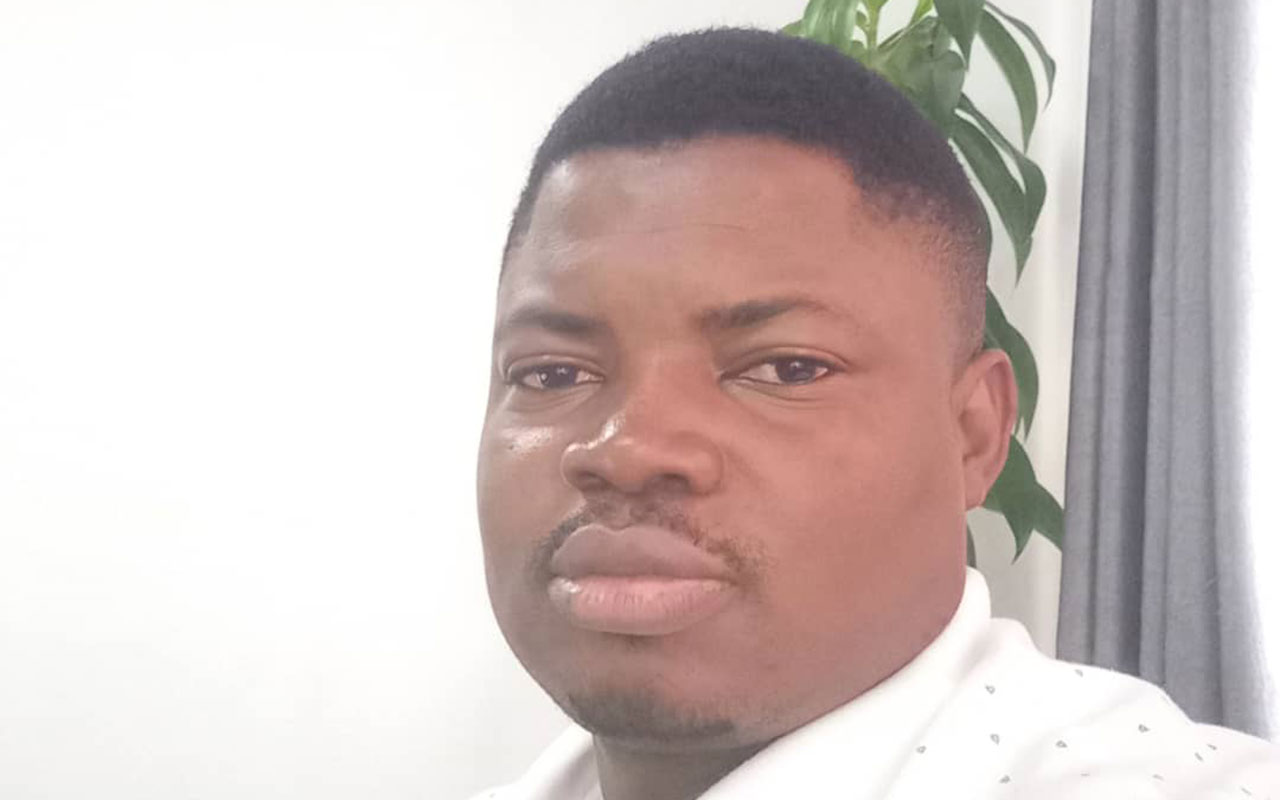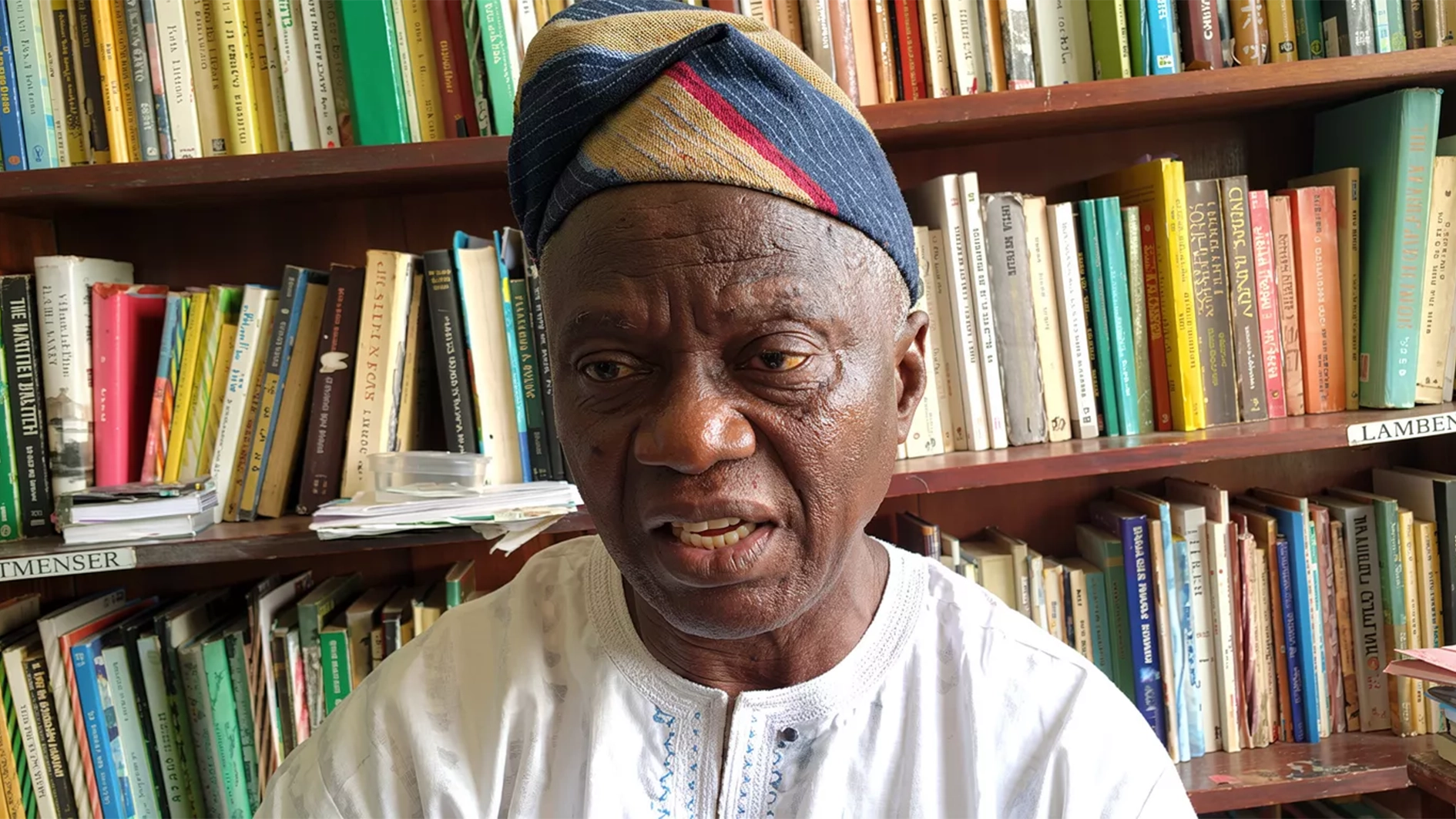 Paul Eze, co-founder and director of products at Boolean, a tech company creating digital solutions for Africa, spoke with The Guardian. He revealed how his student days sparked a passion to empower Africans through technology, and how Boolean aims to make a lasting impact on the continent’s digital ecosystem.
Paul Eze, co-founder and director of products at Boolean, a tech company creating digital solutions for Africa, spoke with The Guardian. He revealed how his student days sparked a passion to empower Africans through technology, and how Boolean aims to make a lasting impact on the continent’s digital ecosystem.
Can you tell us about your role in founding Boolean and your vision for the company’s products like Biometary and Remote4Africa?
I founded Boolean because I was thinking of a company that focuses on building/growing digital solutions to different challenges solely on the African continent. The vision for the company’s products is to provide digital solutions to various challenges for millions of people in Africa.
What inspired you to create Biometary, the student biometric identification system for higher education institutions in Nigeria?
Having experienced the challenges firsthand during my university years in Nigeria, I understood the critical need for digital systems to manage student information. Issues like impersonation and fee racketeering highlighted the necessity for accurate student data.
When a university approached us with the request to develop a biometric system for their students, we saw an opportunity to address these challenges. Biometary was born out of the realization of how such a platform could effectively manage and secure student data, improving overall educational processes.
Can you elaborate on the partnership between Boolean and Michael Okpara University for implementing the first student biometric system for universities in Nigeria?
Michael Okpara University, under the leadership of Professor M. Iwe, sought to revolutionise student management by digitising its processes. They aimed to tackle issues like exam malpractice and fee evasion through a robust biometric system.
In response, we developed Biometary, a sophisticated solution that captures, stores, and verifies student data seamlessly. As part of the partnership, Boolean managed the implementation and provided comprehensive training to ensure the system’s effective utilisation.
What challenges did you face in implementing the biometric system, and how were they addressed?
We encountered several challenges while implementing the biometric system, such as internet connectivity, scepticism from the university community, and issues with the accuracy of valid data. To address these challenges, we implemented redundancy measures with multiple internet providers to ensure continuous service.
We also conducted extensive engagement sessions with staff to explain the benefits of the technology, easing their concerns. Additionally, we collaborated closely with the university’s ICT team to clean and resolve any data inaccuracies.
Has the biometric system improved security and efficiency at Michael Okpara University, and do you plan to expand this system to other universities in Nigeria?
The biometric system is still in its early stages at Michael Okpara University, but we are optimistic about its potential to enhance security, efficiency, and revenue collection.
We are already witnessing positive outcomes, such as the digital capture and online accessibility of student data for university management. We plan to extend this system to other universities in Nigeria to help them achieve similar benefits.
With Remote4Africa, you’re connecting Africans to remote job opportunities. What impact do you hope this platform will have on employment prospects in Africa?
Our dream for Remote4Africa is huge. Our goal is to have Remote4Africa become the biggest source of remote employment for Africans. We hope to help at least 100,000 Africans utilise digital skills to secure remote work in the next 5 years.
As a prolific writer, how do you see your works contributing to the broader discourse on technology and career development in Africa?
My major aim as a writer is to inspire thoughts, discussions, and actions. I delve into ideas about how technology can transform the continent and highlight the vast potential within Africa’s human resources.
What challenges did you encounter while building Afribary, and how did you overcome them to achieve rapid growth?
Building Afribary presented numerous challenges, including engaging scholars for contributions, aggregating educational resources effectively, and addressing technological hurdles like file compression for optimal online reading.
However, overcoming these obstacles required innovative strategies, dedication, and a deep understanding of our users’ needs. Through perseverance and a commitment to excellence, we were able to achieve rapid growth and establish Afribary as a valuable platform for academic resources.
In what ways do you believe Afribary is addressing the needs of students and academic institutions across Africa?
One major way Afribary is addressing the needs of students is through providing access to hundreds of thousands of educational resources which they would otherwise not be able to get online. For academic institutions, we help address the challenge of digitisation, preservation and dissemination of academic resources for both staff and students.
With your experience in product management and strategy, how do you approach the development of digital products like those offered by Boolean?
In crafting digital products like those at Boolean, my strategy is rooted in a distinct framework: Market research and Ideation, Idea testing, Minimum Viable Product (MVP), Rapid market testing and validation, Full-scale development, Launch, Growth, and Iteration.
This method is flexible, adapting to diverse markets and the unique challenges we aim to address. It’s the blueprint guiding our product development journey at Boolean.
What do you see as the future of technology and startups in Africa, and how do you envision your role in shaping it?
The future of technology and startups in Africa is promising, despite existing challenges. As more investment flows into education and digital infrastructure, the continent’s human capital will improve. The African technology market is projected to grow substantially, potentially reaching $712 billion by 2050.
My role in shaping Africa’s technology landscape is primarily through Boolean. We aim to develop digital products and platforms that empower African individuals and organizations to leverage technology for life improvement, process efficiency, and increased value attraction.






